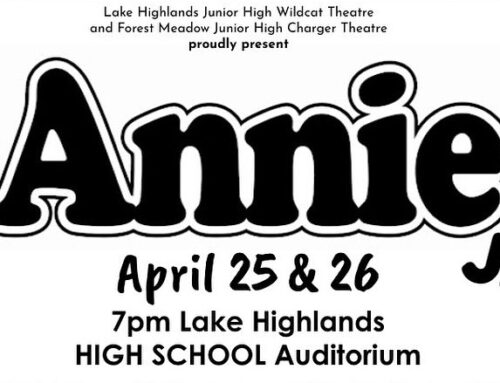 With her suitably bleak and decidedly oblique adaptation of Emily Brontë’s classic novel, Academy Award-winning filmmaker Andrea Arnold (“Wasp”, Red Road) delivers a Wuthering Heights that is as cold and distant as is it lush and atmospheric. Anyone with a prejudice against Gothic melodrama isn’t likely to have their minds changed here.
With her suitably bleak and decidedly oblique adaptation of Emily Brontë’s classic novel, Academy Award-winning filmmaker Andrea Arnold (“Wasp”, Red Road) delivers a Wuthering Heights that is as cold and distant as is it lush and atmospheric. Anyone with a prejudice against Gothic melodrama isn’t likely to have their minds changed here.
For all that’s new and different in regards to her version (more on that below), Arnold still follows the lead of every other version and focuses almost exclusively on the doomed romance at the core of the novel: a boy named Heathcliff (Solomon Glave) is taken off the streets by pseudo-pious Mr. Earnshaw (Paul Hilton) and adopted into a rural English family. It’s only a slight improvement; Earnshaw is a harsh father, and his son Hindley (Lee Shaw) is a resentful bully. His impetuous daughter Cathy (Shannon Beer) accepts Heathcliff, however, and their childhood frolics eventually start to exhibit the signs of young love.
The bottom drops out of their world when Earnshaw dies suddenly; Hindley inherits the meager estate and relegates Heathcliff to the status of menial servant and target of abuse, while Cathy catches the eye of the rich neighbor’s son. Heathcliff eventually abandons the family, only to return some time later as a brooding gentleman (played by James Howson) to deliver payback, Gothic Lit. 101-style.
Much to her credit, Arnold bravely challenges what a period drama should exactly look and feel like. She, co-writer Olivia Hetreed, and cinematographer Robbie Ryan go for a naturalistic look and feel that brings to mind Stanley Kubrick’s Barry Lyndon, relying on natural lighting (and, occasionally, a lack thereof) and sparse, oblique dialogue to paint the Yorkshire moors in dreary grays and convey the emotionally locked-down inhabitants in festering, unspoken passions. All that unrelieved dreariness buries the viewer fairly quickly.
The biggest departure lies in playing up Heathcliff’s foreign background, openly depicting him as a Lascar youth and casting black actors in the role; unfortunately, it adds little to the story beyond providing Hindley with opportunities to hurl racial epithets as an unsubtle way to remind us that he’s a complete and utter bastard.
Wuthering Heights‘ truly fatal flaw, however, is that Arnold focuses so much on the abstract that her characters are rendered as murky, unfathomable, and ultimately unlikable creations. After a long two-hour slog, we know no more about them than we did before the lights went down, and we care even less.
http://www.youtube.com/watch?v=3EceNo1LJj4





